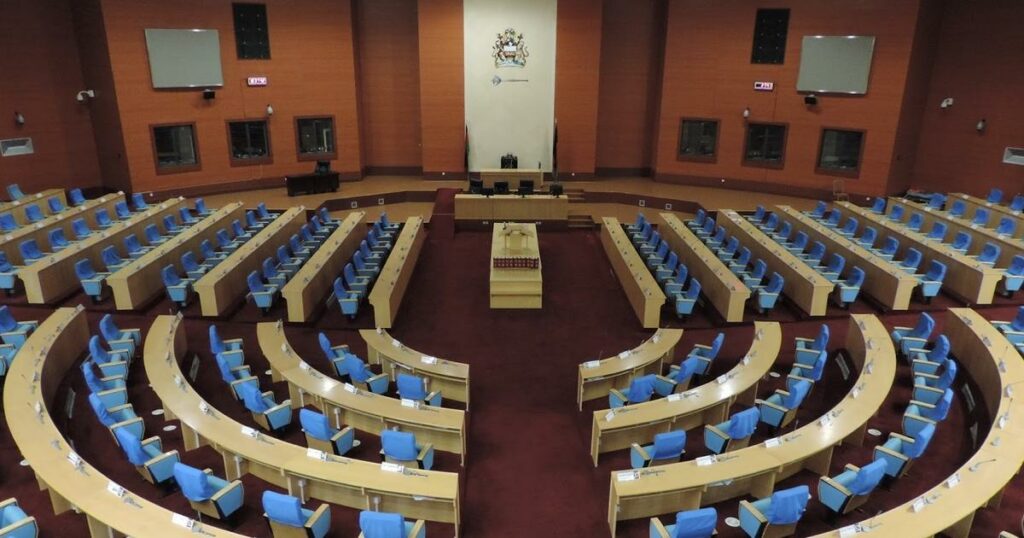Johannesburg — Zimbabwe’s new parliament gives an architectural nod to the country’s famous ancient ruins; Lesotho’s has a design resembling a “mokorotlo,” the conical straw hat that’s part of national dress; and Malawi’s has a dome that looks like a calabash.
Read More: Aviation Workers Begin a Strike on Monday
These local elements make these modern parliaments notable departures from southern Africa’s old European-style legislatures built in colonial times, but in fact the new buildings were also designed and built by a foreign power: China.
Despite the African design elements, the imposing buildings aren’t that different from China’s own brutalist architecture, and stand out in developing countries, some of which, like Malawi, are among the poorest in the world.
Africa’s largest trade partner has become known for its multibillion-dollar Belt and Road Initiative infrastructure projects on the continent, such as railways and ports. But for years it has also been building grand new parliaments and other government buildings, which cost less but are equally part of Beijing’s diplomatic push in the region.
These buildings, like the new $200 million Zimbabwean parliament, which opened last year, are usually given as gifts, with no loans attached. China has so far built or refurbished parliaments in some 15 African countries, including the Republic of Congo, Liberia, Mozambique, the Seychelles and Guinea Bissau, as well as other government buildings such as Burundi’s presidential palace and the African Union headquarters in Ethiopia.
Read More: First to Approve Oxford Malaria Vaccine
The Washington-based Heritage Foundation, whose research on the topic has found that “since 1966, Chinese companies have built or renovated at least 186 African government buildings,” said China’s “palace diplomacy” serves “little purpose other than to curry favor with recipient governments.”
